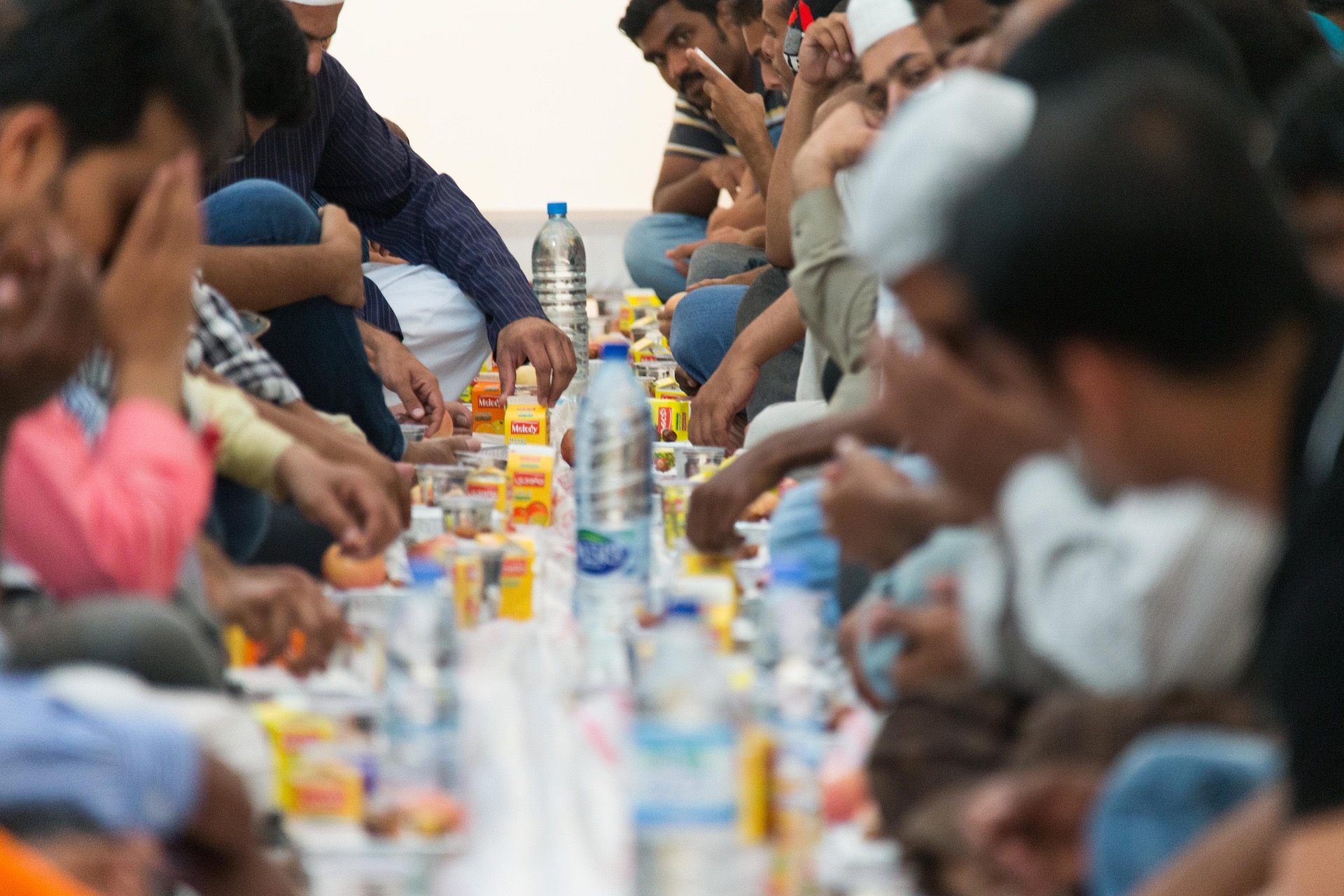When is Ramadan 2025 ?

Ramadan 2025 is expected to begin on Friday, February 28, 2025, and end on Sunday, March 30, 2025, though the exact dates will depend on whether or not the moon is visible.
What is Ramadan?
Table of Contents
The ninth month on the Islamic lunar calendar is Ramadan. During the month of Ramadan, adult Muslims in good health fast from dawn to dusk. This includes abstaining from drinking, eating, immoral acts and anger. During the holy month, other acts of worship such as prayer, reading the Quran, and charity are also encouraged.
The fourth pillar of Islam: Sawm
Sawm, or fasting, is considered the Fourth Pillar of Islam. Ramadan, a holy month according to the Islamic calendar (lunar calendar), is when fasting occurs.
The most auspicious of nights, known as Laylatul Qadr, occurs during the month of Ramadan, when Allah (SWT) asks us:
What will make you realise what the Night of Power is like? The Night of Power is better than a thousand months. Angels and the Spirit descend upon it with their Lord´s permission with every command; There is peace that night until the coming of dawn.
Qur’an | 97:1-5
When does Ramadan 2025 start?

The holy month of Ramadan rotates by roughly 10 days annually since the Islamic calendar is based on the lunar cycle. The conclusion of Shaban, the eighth month in the Islamic (Hijri) calendar, marks the official start of Ramadan. The holy month of Ramadan is anticipated to start this year on the evening of either Saturday, March 1, 2025, or Friday, February 28, 2025.The moon sighting determines the precise time.
When does Ramadan 2025 end?
The Muslim holiday of Eid al-Fitr signifies the final conclusion of Ramadan. The moon sighting determines the precise time. When the Islamic month of Shawwal, the tenth month of the Islamic (Hijri) calendar, officially begins, Eid al-Fitr officially begins. Based on the moon sighting, Ramadan is anticipated to conclude on Sunday, March 30, 2025.
To make up for missing fasts Ramadan 2025 is a commandment from Allah.
In the Hanafi school, fidya is only paid by an individual who is unable to fast during Ramadan, is unable to make up for the missed fasts at any other time, and is not expected to ever resume the ability to make up the missed fasts. If any of the three conditions are not met, the individual is required to make up the missed fasts and does not pay fidya.
Missing fasts in Ramadan 2025pay Fidya or Who should pay fidya?
In the Hanafi school, there is no time limit for compensating for missed fasts. Therefore, fidya is only valid if an individual has no expectation of being able to make up the missed fasts within their lifespan. This implies that the following individuals are ineligible to pay fidya:
An individual who is unable to fast for a few days as a result of a temporary illness
An individual who either intentionally or inadvertently violated their
One who is unable to fast this year due to surgery or similar circumstances, but is anticipated to be able to fast next year
Fidya
If an individual pays fidya with the expectation that they will not be able to make up missed fasts, but instead regains their health later in life, their fidya will be regarded as charity, and they will be required to make up the missed fasts.
Hanafi school
Consequently, the Hanafi school does not require a pregnant or nursing woman to pay a fidya if she misses fasts during Ramadan, as she will be able to make up the fasts at a later time..Fidya is also mandatory for individuals who are unable to fast during their lifetimes due to infirmity or old age, as per the Shafi’is and Hanbalis. Nevertheless, the Fidya amount is different from that of the Hanafis (please consult a local scholar or adhere to Hanafi guidelines on this matter).
Malikis
The Malikis consider paying fidya to be recommendable for individuals who are no longer able to fast, but it is not mandatory.
Fidya is mandatory for individuals who have missed a fast (e.g., a pregnant woman or someone who was traveling) and, despite having the capacity to make up for it, did not do so prior to the onset of the next Ramadan, according to the majority of scholars among the Malikis, Shafi’is, and Hanbalis. In this scenario, they are obligated to pay fidya in addition to compensating for the lost fasts (qadah).

How much do you need to pay?
One has to pay the amount of about two kilograms of wheat for every day of missed fasting. See a local scholar to find out the precise figure for your location.
Here in the UK, this is £5 for every missed fast. This ought to supply one person two meals or two persons one meal. Should someone skip all the Ramadan 2025 fasts, they will be liable £150.
Regarding how much should be paid in fidya, the Islamic schools of jurisprudence differ somewhat in their views If you’re not sure how much to spend, speak with a scholar.
Is Fidya compulsory?
One of the five pillars of Islam and a requirement on all able Muslims, fasting during Ramadan is Muslims who skip this essential component of Islam must pay kaffarah, or fidya, either with a good reason or not. Along with mandatory expenditures like this, charity highlights exactly what a vital component of Islam the holy month of Ramadan is.
Why is Fidya important in Islam?
In addition to being mandatory2025 for individuals who are unable to fast during Ramadan, the payment of fidya allows eligible Muslims to assist those in need who are unable to go without food for extended periods.Sadly, 828 million individuals face hunger on a daily basis in some of the world’s most least fortunate communities.
What are the conditions of giving Fidya before Ramadan2025 begins?
Academics hold divergent opinions regarding the timing of fidya payments. One viewpoint is that it should be compensated daily following the conclusion of each fast or as a single payment at the end of Ramadan. The Hanafis propose that the payment may be rendered either at the commencement of Ramadan (but not prior) or at its conclusion.
If an individual fails to observe all the fasts in Ramadan 2025, they would be required to pay £150.
How much is Fidya for Ramadan 2025?
There is a £5 charge for each missed fast. This should be enough to feed one person twice or two people once. However, if someone skips all of the Ramadan fasts, they must pay £150 for the 30 days they missed fasting.
What is the difference between Fidya and Kaffarah?
Fidya pays for purposefully skipping a fast with a good reason; Kaffarah pays only for breaking a fast without a sufficient excuse. For every missed fast, the Fidya payment amounts equal one person’s consumption. But paying Kaffarah pays for the equivalent of feeding sixty people.
Who can receive Fidyah?
Fidyah is meant for the impoverished and underprivileged exclusively, not for everyone. Scholars view Fidyah as equivalent to Zakat, hence individuals qualified to get Fidyah are seen as among those qualified for Zakat.

